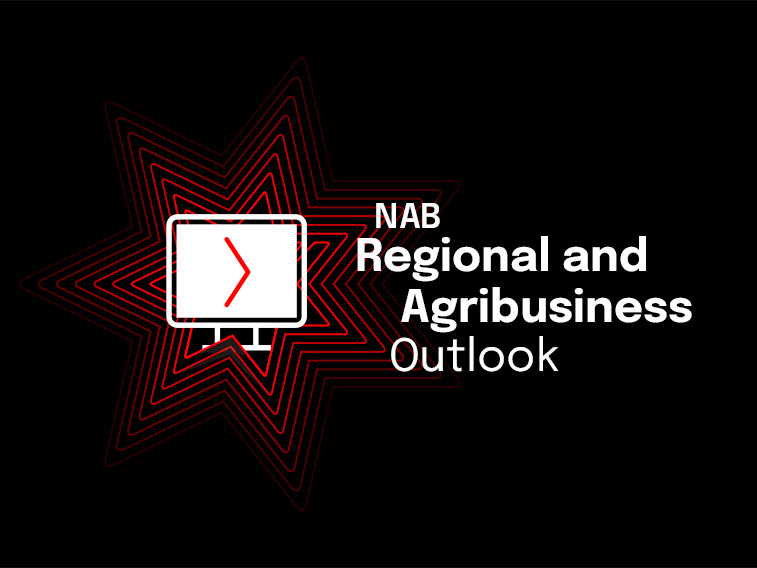The latest NAB Regional & Agribusiness webinar provides insights on the Australian & Global Economies, and a regional and rural property update. Watch the webinar here.

Webinar
The COVID-led economic downturn continued to weigh heavily on commercial property market sentiment in Q3.

For further information, please see the NAB Commercial Property Survey (Q3 2020).
© National Australia Bank Limited. ABN 12 004 044 937 AFSL and Australian Credit Licence 230686.